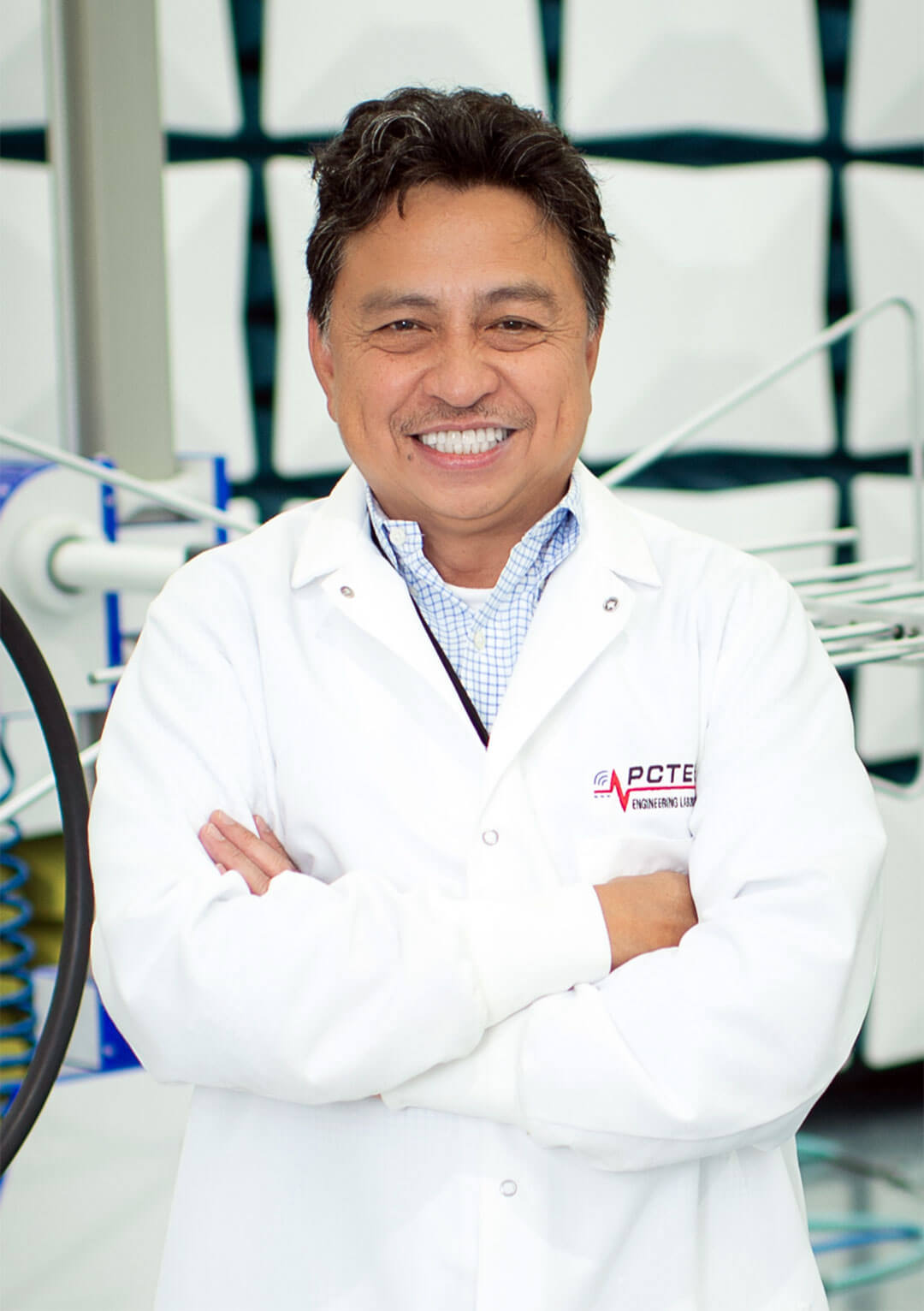- November 23, 2020
- By Rebecca Moon Ruark
Randy Ortanez’s father established a hospital, an insurance company and a university in their native Philippines. So it wasn’t a leap for him to start his own firm in the U.S. just a few years after graduating with an engineering degree from the University of Maryland.
Now following the sale of his Columbia, Md.-based telecom company, Ortanez ’82 hopes to inspire a new generation of engineers at UMD with a $1.25 million gift to support a new campus hub for innovation and creative thinking.
The E.A. Fernandez IDEA (Innovate, Design and Engineer for America) Factory, an addition to the Jeong H. Kim Engineering Building, will feature high-tech tools and open design to encourage collaboration in fields such as robotics, transportation, rotorcraft and quantum engineering. Construction on the 60,000-square-foot structure is expected to be completed in late 2021.
 Ortanez hopes his philanthropy will help to “transform other students’ wildest imaginings into reality.”
Ortanez hopes his philanthropy will help to “transform other students’ wildest imaginings into reality.”
At age 19, he and his siblings immigrated to Silver Spring, Md., where their mother was living, and he soon enrolled at UMD. He pushed his way through an electrical engineering major and biomedical engineering minor even while working nights at technology giant IBM in Washington, D.C.
“What I remember most of my time in school: everybody was smarter than me,” Ortanez said. “That’s what it felt like.” Only later did he realize he had a leg up on his peers as his Filipino upbringing helped him in dealing with major telecommunications customers in Asia.
The future CEO first went to work for the American government. He started out at the Federal Communications Commission (FCC) and, later, the FCC Laboratory Division, where he was responsible for evaluating and certifying radio frequency devices and related technologies.
There, Ortanez identified a need for a nearby, independent testing facility. He envisioned a lab capable of testing wireless and other devices—including the latest mobile phones—to FCC regulatory requirements, all while reducing time to market for customers. “In the technology business, if you wait, you’re late,” he said.
Ortanez founded PCTEST Engineering Laboratory in 1989, on the cusp of the wireless revolution. He established laboratories in California, South Korea and Japan and attracted major cellphone and electronics manufacturers worldwide as clients. In 2016, PCTEST was awarded its first U.S. patent for hearing aid compatibility testing for voice over internet protocol, which ensures that those with total or partial hearing loss can use cellphones without interference.
In December 2019, Ortanez sold PCTEST to Element Materials Technology, a U.K.-based global provider of testing, inspection and certification services—with the sale, he says, his dreams of entrepreneurship were fulfilled. While he continues serving as CEO of Element/PCTEST, he is also focused on future opportunities in business, and in giving back.
Coming to the U.S. was “a dream come true,” said Ortanez, whose appreciation for the GIs who fought in the Pacific theater in World War II led to him establishing an endowed scholarship at the A. James Clark School of Engineering in 2017, with preference for veterans of the U.S. armed services or students with a physical disability.
This year’s recipient, aerospace engineering major Kenth Santibanez Rivera ’21, said his scholarship allows him to reduce the mental burden of financial responsibility and dedicate more time toward his classes, which is especially important for the father of two.
Ortanez is now considering what kind of business he’ll explore at the university’s IDEA Factory. “I feel like everybody’s on defense with COVID. We’ve got to put some offense out there—whether it’s cleaning, fumigating … I’m looking at different things, light that can disinfect and kill pathogens.”
His new investment in the IDEA Factory, part of the $1.5 billion Fearless Ideas: The Campaign for Maryland, will be recognized with the naming of the building’s “innovation bridge” and outdoor terrace in his honor.
Interim Dean Robert Briber said the Clark School is grateful to Ortanez for his support of the E.A. Fernandez IDEA Factory, which will join the school’s ecosystem of spaces for hands-on learning, research, collaboration and innovation, such as the Neutral Buoyancy Research Facility and the Glenn L. Martin Wind Tunnel.
“The IDEA Factory will help us dramatically enhance the college's facilities with additional space for student-defined projects and state-of-the art labs for quantum technology, robotics and rotorcraft design,” Briber said. “I'm excited for future alumni to look back at their time in the IDEA Factory and talk about the difference it—and Randy—made in their careers.”
